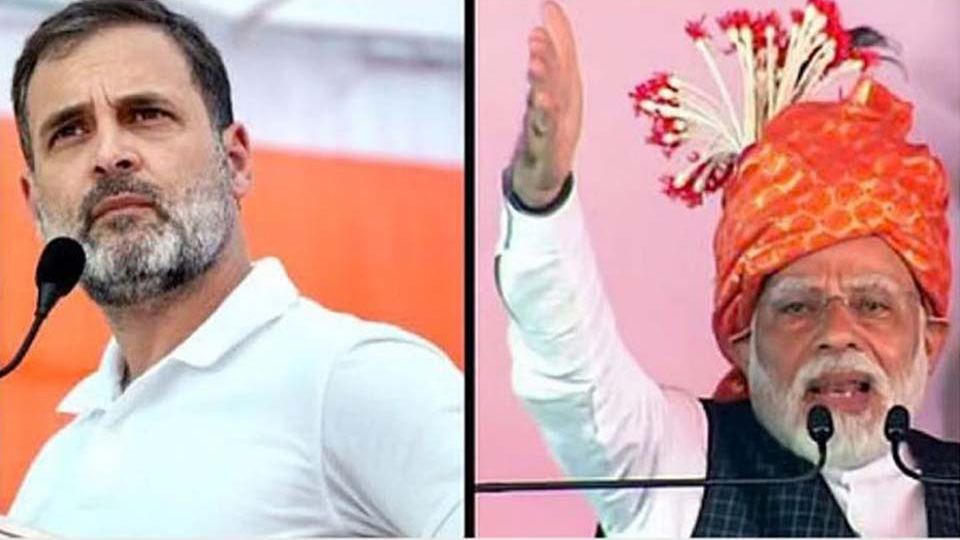June 10, 2024
KATHMANDU – The National Democratic Alliance, led by the Bharatiya Janata Party, has clinched a victory for the third consecutive term in the Indian parliamentary elections, paving the way for Prime Minister Narendra Modi to continue his hold on power. As the results poured in, Modi addressed the public in a televised speech in which he termed the NDA’s victory a “historic feat”. Modi also used the opportunity to list out what he called achievements of his 10-year stint as the prime minister—poverty alleviation, employment generation, economic growth, and so on. But his gait during the speech, and the spirit of the BJP leaders appearing on talk shows on television channels close to the BJP, suggested something was amiss.
After months of pompously claiming that the NDA would cross the 400-seat mark in the 543-strong parliament, Modi was finally coming back to reality with a humble 293 seats, while the BJP’s own tally was 240, well below the 272 mark for a majority. Even more distressing for Modi was that the opposition alliance, INDIA, secured 230 seats, a feat even the opposition parties themselves had not expected considering the BJP’s hubris in the run-up to the elections. This was certainly a humbling moment for Modi.
An important message the Indian electorate has given Modi, the BJP and the NDA is that there is only so much you can gain from the politics of religion. Coming on the heels of a massive campaign to “reinstate” Lord Ram in Ayodhya, the election was seen as a referendum on Modi’s Hindutva politics. The results have shown that the Indian citizens are not as excited as Modi and his partyfolk about the idea of establishing a “Ram Rajya”. Anti-incumbency aside, the falling numbers—the BJP got 303 seats, and the NDA 353 seats in the 2019 parliamentary elections—are a tell-tale sign of the voters’ dissatisfaction with where India is headed as the living conditions of most people remained largely unchanged amid growing economic disparities.
Another humbling prospect for Modi is having to share the stage with N Chandrababu Naidu of Andhra Pradesh and Nitish Kumar of Bihar. The fact that the opposition alliance is now strong enough to lure Naidu and Nitish into their camp—especially with Nitish earning the nickname “Paltu Babu” owing to his history of changing alliances—must have come as a hard truth for Modi, who has wielded a strong hand over governance during his two terms. This could mean that India is headed back to the days of coalition raj, much like in the nineties when small political parties that had emerged from the fringes came to the mainstream and played kingmakers, thus destabilising governments much like in present-day Nepal.
How a humbled Modi will negotiate the terms of coalition politics will be for us to see in the coming days. But what the Indian electorate has proven, through the world’s largest electoral machinery, is that democracy is a daily plebiscite. No matter how fool-proof an image you build of yourself as an invincible leader on the back of a subservient media, there is a community of silent voters waiting for the right moment to make a course correction. That the Indian electorate has shattered the prospect of establishing a ‘one party state’ in the globe’s largest democracy will also give heart to those fighting for democratic rights everywhere in the world.


